Many positive results from the IVAP model
Speaking at the Conference, Mr. Nguyen Do Anh Tuan, Director of the Department of International Cooperation ( Ministry of Agriculture and Environment ) said that the world is facing major challenges such as climate crisis, natural disasters, political and economic fluctuations and pressure to ensure food security for nearly 10 billion people by 2050. Therefore, global agriculture needs to shift from the goal of "increasing output" to "increasing value and sustainability".
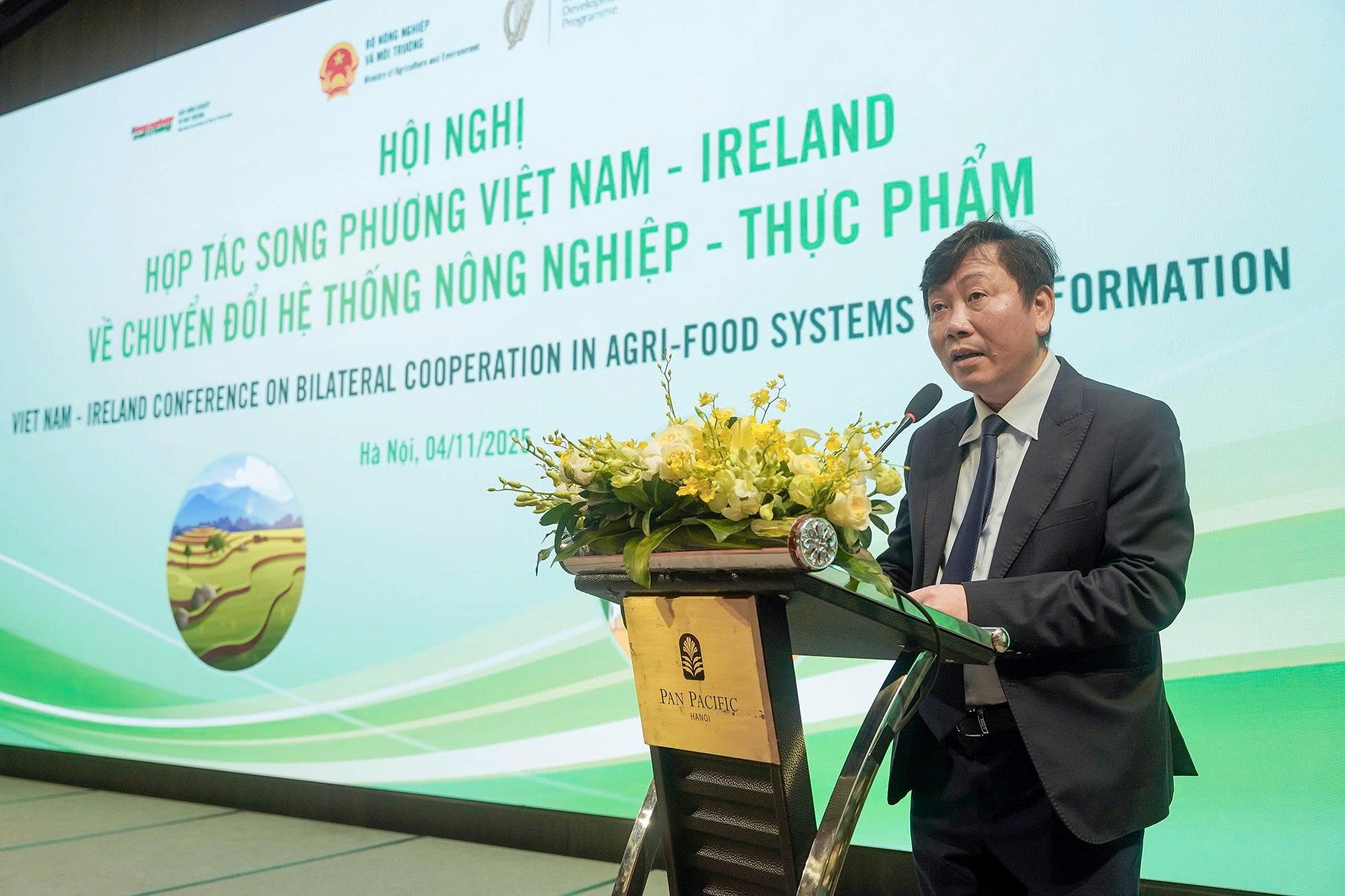
In Vietnam, agriculture remains the mainstay of the economy , providing livelihoods for more than 60% of the rural population, contributing about 12% of GDP and more than 60 billion USD in exports each year. Faced with the impact of climate change and high demand from the international market, Vietnam is shifting to a “multi-value agriculture” model, harmoniously combining economics, ecology and society.
Ireland is an experienced partner in this field. The strategies “Food Harvest 2020”, “Food Wise 2025” and “Food Vision 2030” have helped the country build a green, smart, low-emission agricultural and food economy. Typically, the Origin Green model (a national sustainability certification program for the entire Irish food industry implemented by the Bord Bia Food Council) with more than 55,000 farms and 300 businesses participating, has helped Ireland, despite having a population of just over 5 million, export food to more than 180 countries with a value of more than 18 billion Euros each year.
Mr. Tuan emphasized that the Vietnam-Ireland agricultural cooperation relationship has been increasingly strengthened, especially since the Vietnam-Ireland Agriculture-Food Partnership Program (IVAP) was launched in 2023. This is a cooperation model based on co-creation of knowledge, connecting the government, research institutes, businesses and farmers.
Through IVAP, the two sides have achieved many results: training hundreds of agricultural technical and management staff; piloting a new cooperative model according to European standards; building a biosafety monitoring system; researching the application of biotechnology to reduce antibiotics in livestock farming and develop a safe food chain. IVAP also supports the development of an innovation ecosystem at the Vietnam National University of Agriculture, connecting students, cooperatives and high-tech enterprises.
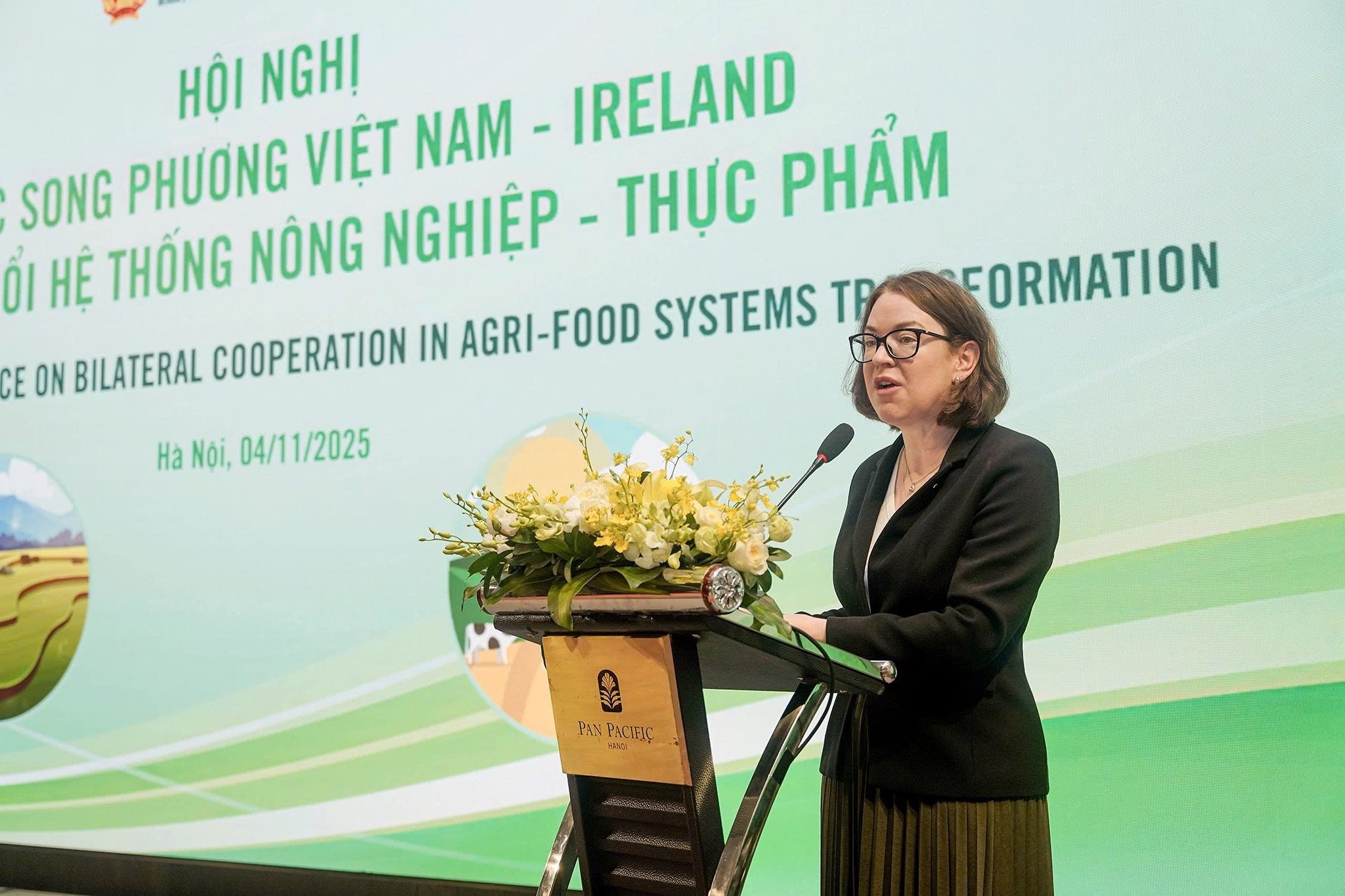
Irish Ambassador to Vietnam Deirdre Ní Fhallúin informed that Ireland ranked second in the world in the Global Food Security Index 2023, with 90% of its meat and dairy products certified sustainable through Origin Green. Vietnam is also emerging as a major food supply hub in the world.
She affirmed that IVAP demonstrates Ireland’s long-term commitment to supporting Vietnam in building a transparent, responsible and sustainable food system. The program is implemented by Sustainable Food Systems Ireland (SFSI), with the mission of sharing experiences and providing technical support to develop green, safe and efficient value chains.
Following the Cooperation Agreement signed between the two Ministries of Agriculture in 2023, the IVAP programme has become a key initiative to promote sustainable food system transformation. In particular, the Memorandum of Understanding for the period 2024-2028, signed during General Secretary To Lam’s visit to Ireland in October 2024, affirms the two Governments’ strong commitment to cooperation in developing green and sustainable agriculture.
Resource mobilization and technology transfer in FST-NAP
Sharing about the implementation process of the National Action Plan for the Transformation of a Transparent, Responsible and Sustainable Food System (FST-NAP), according to FST-P Senior Technical Expert Tran Van The, Vietnam's agricultural sector is strongly transforming from "agricultural production" to "agricultural economy", focusing on increasing added value and sustainable development along the value chain.
However, the process of implementing the transformation of the food system in Vietnam still has many shortcomings such as: the coordination mechanism between the successor units has not been completed, there is a lack of specialized financial resources, professional human resources, and technical equipment. Practical models have not been connected, shared, and inherited, and information from international partners is still scattered...
Within the framework of cooperation with Ireland, Mr. The said that in the coming time, the two sides will step up support for the Steering Committee, technical group and FST-NAP Coordination Office; organize bilateral and multilateral dialogues and participate in regional and global forums on food system transformation.
In addition, strengthen technical support through summarizing successful models, conducting scientific research to serve policy making; connecting businesses, expanding markets and supporting piloting provincial action plans.
At the same time, promote cooperation, focus on training, improve the quality of human resources and transfer advanced models and technologies such as ecological agriculture, circular economy, reducing food loss and waste, digital transformation, monitoring, and traceability according to EU and international standards.
Emphasizing that no country can transform the agricultural and food system alone, Mr. Nguyen Do Anh Tuan emphasized that Vietnam-Ireland agricultural cooperation needs to shift from “project cooperation” to “strategic policy partnership”, aiming at long-term results and systemic impact. The two sides need to focus on four key areas.
Accordingly, promoting the improvement of food system institutions; strengthening technical working groups on food safety, emission reduction and sustainable consumption.
Regarding science, technology and digital transformation, learn from the “Smart Farming Ireland” model, apply sensors, big data, and artificial intelligence. Promote agricultural carbon research and carbon credit certification for farmers.
On training and academic cooperation, setting up scholarships, exchanging experts and the “Young Agrifood Leaders” initiative. Finally, strengthening business connections, promoting green food joint ventures for EU exports and sharing successful models with developing countries.
Source: https://daibieunhandan.vn/viet-nam-va-ireland-hop-tac-chuyen-doi-he-thong-nong-nghiep-thuc-pham-10394338.html



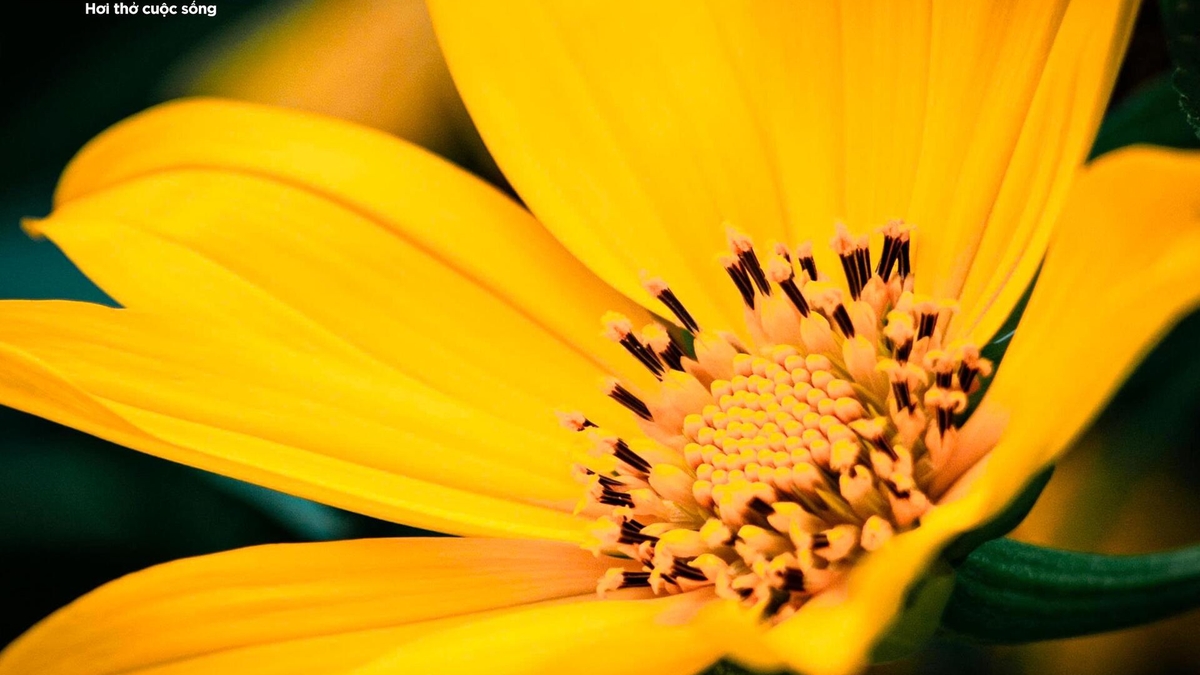


![[Photo] Closing of the 14th Conference of the 13th Party Central Committee](https://vphoto.vietnam.vn/thumb/1200x675/vietnam/resource/IMAGE/2025/11/06/1762404919012_a1-bnd-5975-5183-jpg.webp)

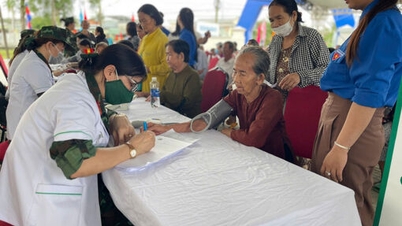

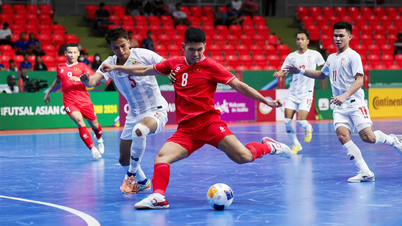

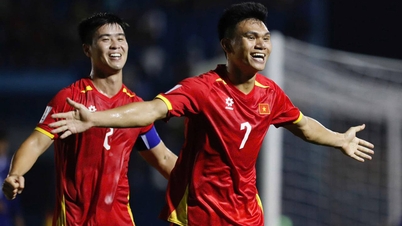

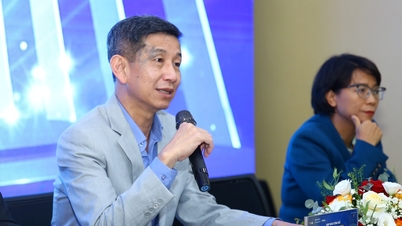

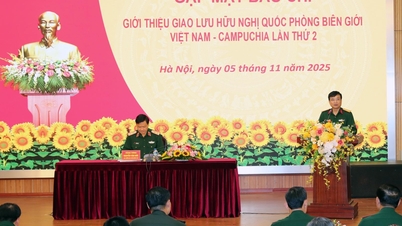
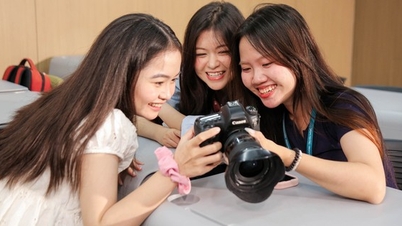

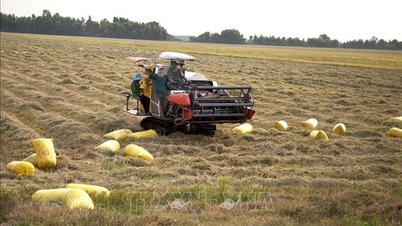
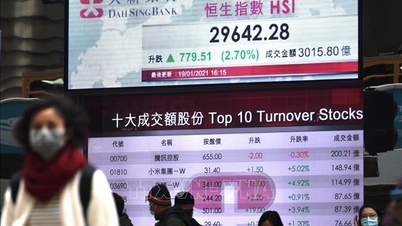


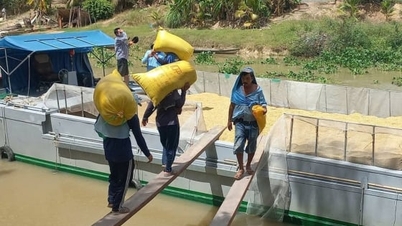

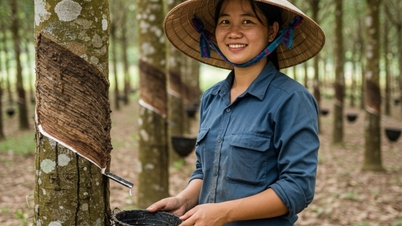
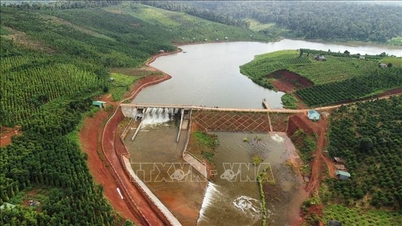




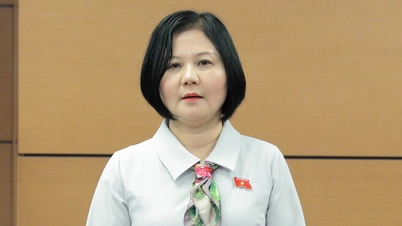
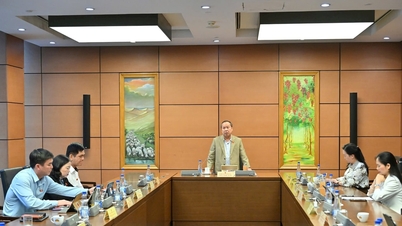
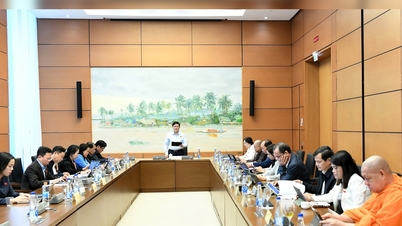
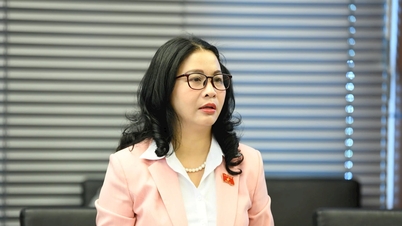
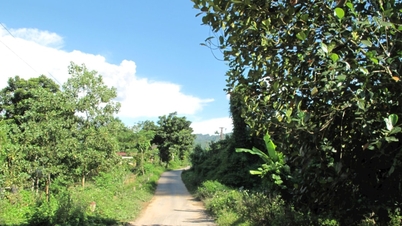
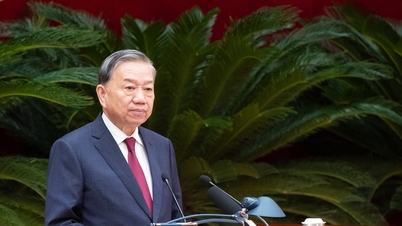





















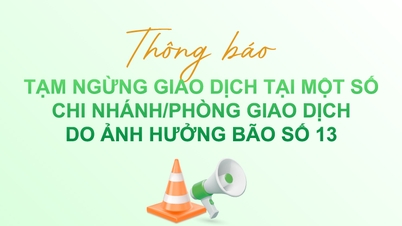

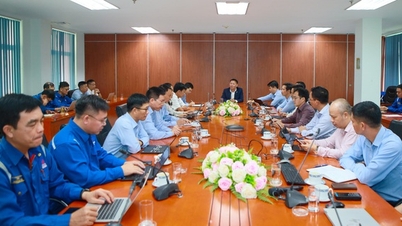

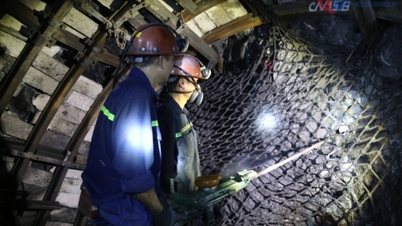

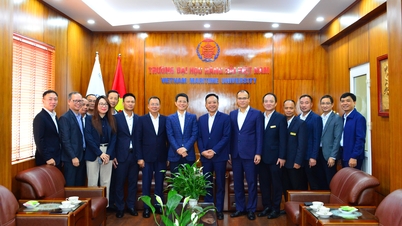
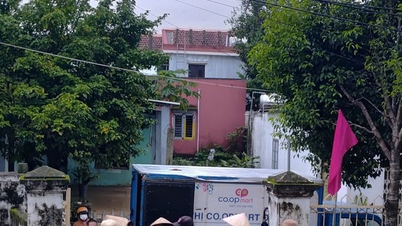
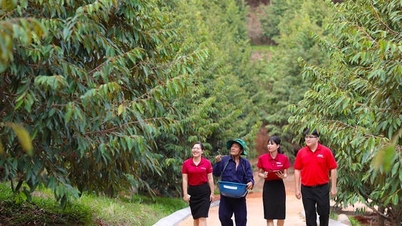







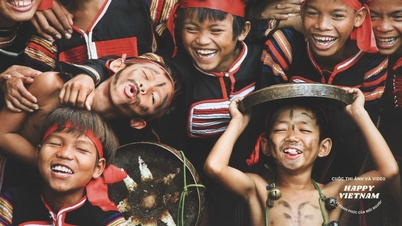

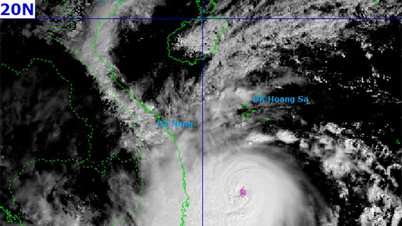


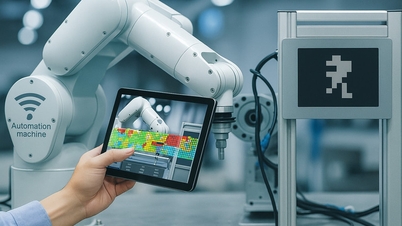
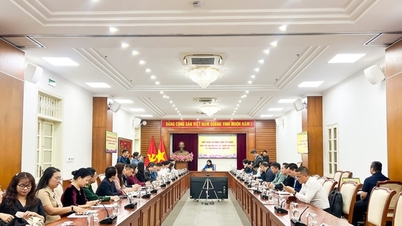




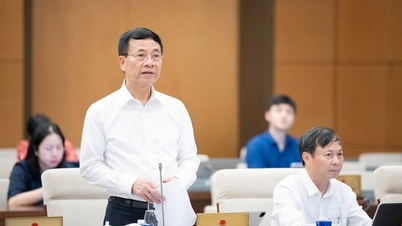

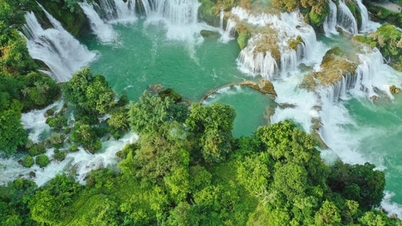
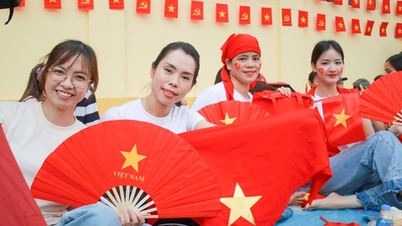
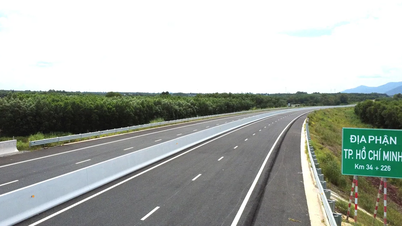
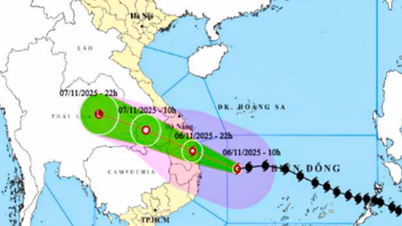

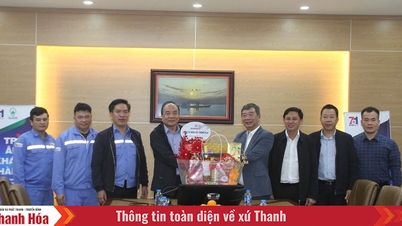

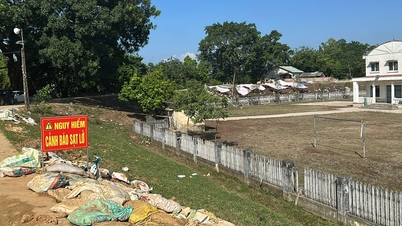

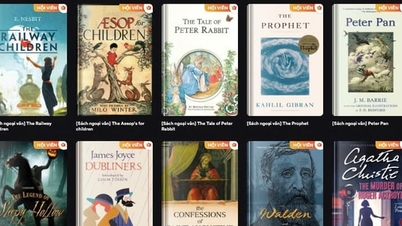















Comment (0)